
Know the Age Limit for Heart Bypass Surgery
06 Jun, 2022
 Healthtrip Team
Healthtrip TeamOverview
Every time you mount the stairs, a ripping pain rips across your chest. You may be a candidate for heart bypass surgery, according to X-ray pictures.
But, if you're 75 or older, are you willing to accept the risk?
Transform Your Beauty, Boost Your Confidence
Find the right cosmetic procedure for your needs.

We specialize in a wide range of cosmetic procedures

Age is undoubtedly a factor in such arduous surgery. According to research, elderly patients are more likely to die during or after surgery than younger individuals. It’s expected that elderly patients who survive a bypass can expect a lengthier recovery period. In this blog, we’ll discuss the age limit for open-heart bypass surgery.
The heart receives oxygen. Patients who have at least one obstructed artery may be candidates for the operation, which entails taking a healthy arterial from another part of the body and redirecting it to bypass the obstruction.
Also, Read - Average Life Expectancy After Bypass Surgery
Increasing blood flow to the heart can alleviate chest pain and lower the chance of having a heart attack.
National recommendations for bypass surgery were last updated in 1999 by the American College of Cardiology (ACC) and the American Heart Association (AHA). The combined ACC/AHA task group decided that age alone should not be used to advise against bypass surgery if the long-term benefits outweigh the risks.
According to research published in the March 1, 2000, issue of the Journal of the American College of Cardiology, octogenarians face an increased risk when bypass is paired with mitral valve replacement. However, the author believes that patients who have no other risk factors, such as past cardiac surgery or a catastrophic stroke, should be able to survive bypass surgery and return to everyday life.
Most popular procedures in
Laparoscopic Cystect
Upto 80% off
90% Rated
Satisfactory
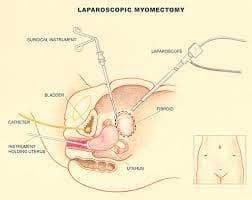
Laparoscopic Myomect
Upto 80% off
90% Rated
Satisfactory
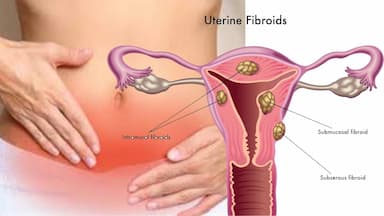
LAVH
Upto 80% off
90% Rated
Satisfactory
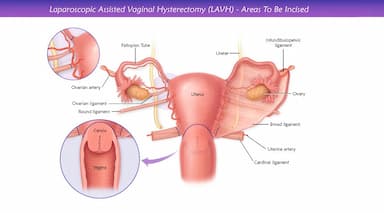
NOTE
Upto 80% off
90% Rated
Satisfactory
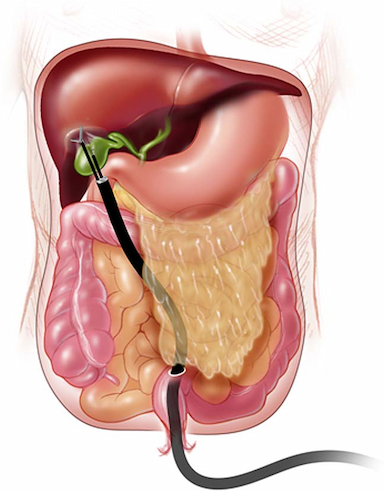
CABG
Upto 80% off
90% Rated
Satisfactory
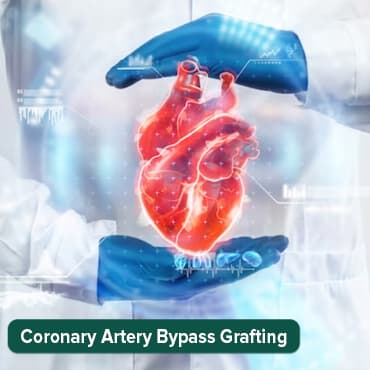
In the study, 8.1 per cent of octogenarians died in the hospital following bypass surgery, compared to 3 per cent of younger patients. However, when the healthiest elderly individuals were excluded from the study, the incidence was 4.2 per cent, which was not significantly greater than the rate for younger patients receiving bypass surgery.
What is unknown is how older bypass patients do in comparison to people their age who choose alternatives to surgery, such as angioplasty.
During the bypass procedure, veins from the leg or arteries from the mammary arteries in the chest are removed. These grafts are connected above and below the coronary artery (or arteries) blockage, bypassing it and restoring blood flow.
However, for elderly patients, the postoperative recovery duration may be longer.
With specific criteria identifying risk factors, this patient population can be expected to have consistent successful outcomes.
Coronary artery bypass graft surgery is becoming more popular among the very elderly. Between 1987 and 1990, the national rate of bypass surgery among individuals over the age of 80 grew by 67 per cent. However, our data show that performing bypass surgery on the very elderly is associated with significantly greater short- and long-term mortality rates, as well as consuming significantly more healthcare resources per treatment than younger patients.
Previous research has found that rising age is a risk factor for both in-hospital and long-term mortality following bypass surgery.
There’s still a debate going on related to the fact that bypass surgery in the elderly population can increase mortality as compared to the younger one.
How can we help with the treatment?
If you are in search of Heart Bypass Surgery treatment in India, we will serve as your guide throughout your treatment and will be physically present with you even before your treatment begins. The following will be provided to you:
- Opinions of expert physicians and surgeons
- Transparent communication
- Coordinated care
- Prior appointment with specialists
- Assistance with hospital formalities
- 24*7 availability
- Arrangements for travel
- Assistance for accommodation and healthy recovery
- Assistance in emergencies
We are dedicated to offering the highest quality health trip & care to our patients. We have a team of highly qualified and devoted health professionals that will be by your side from the beginning of your journey.
Wellness Treatment
Give yourself the time to relax
Lowest Prices Guaranteed!

Lowest Prices Guaranteed!



